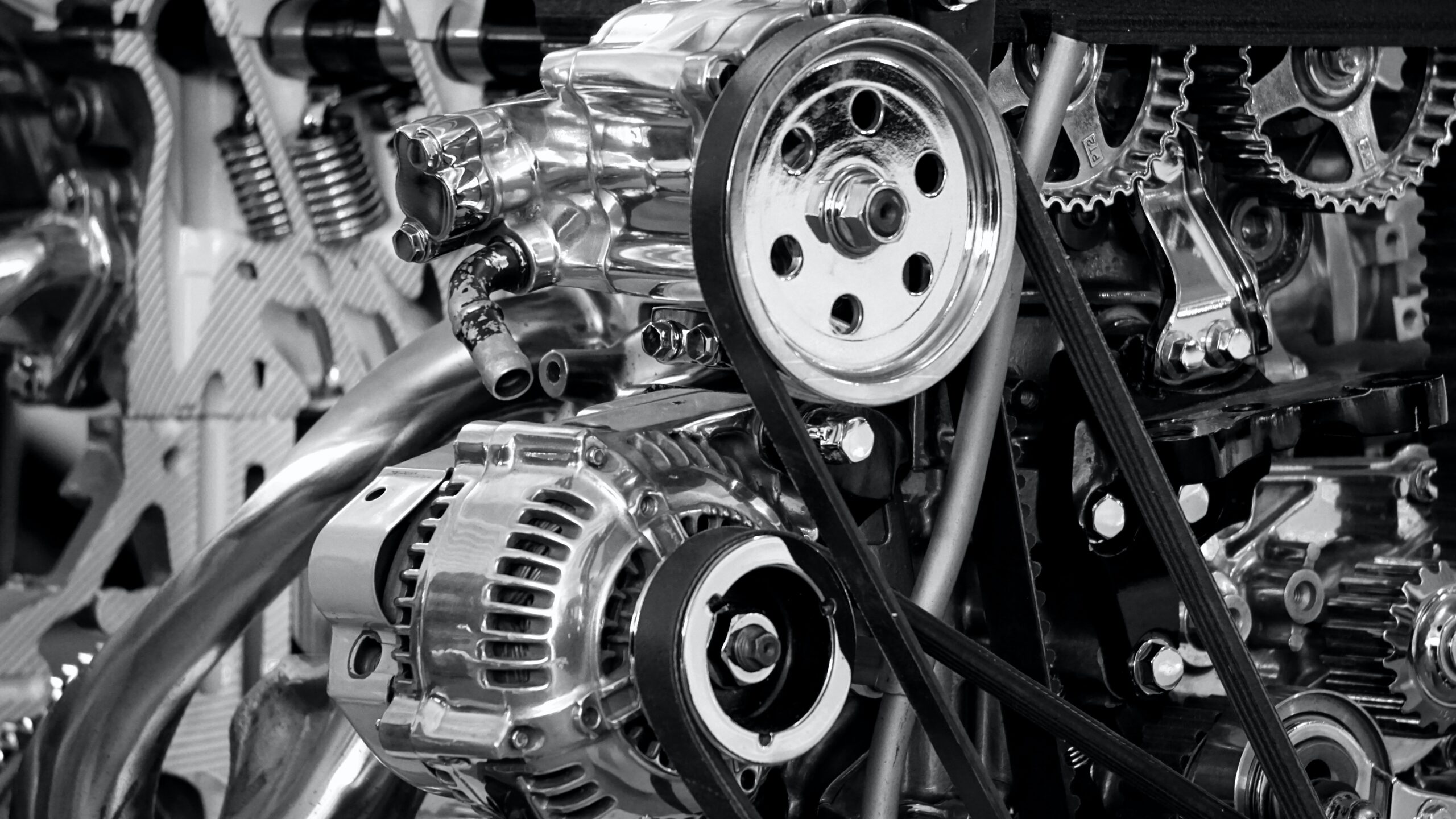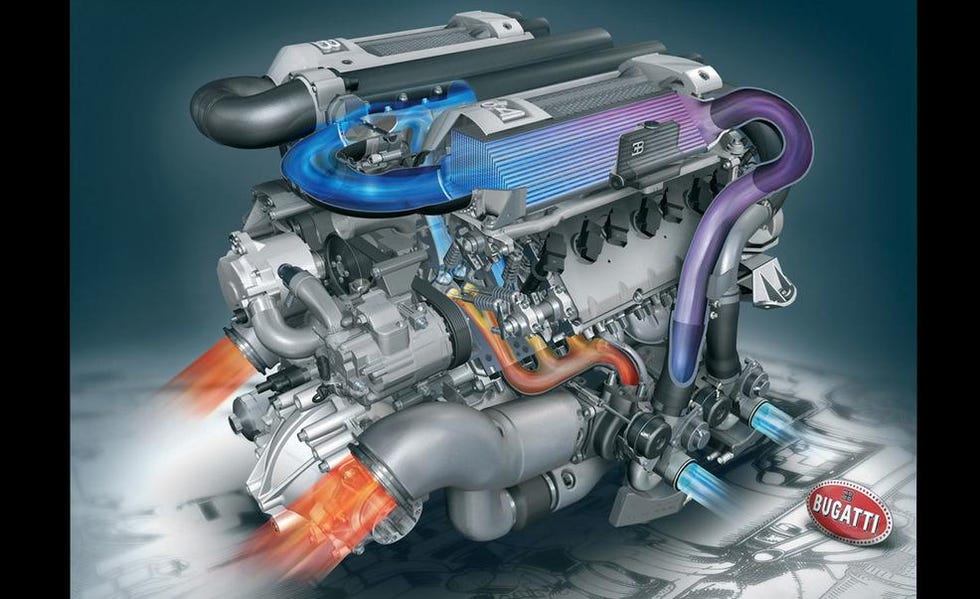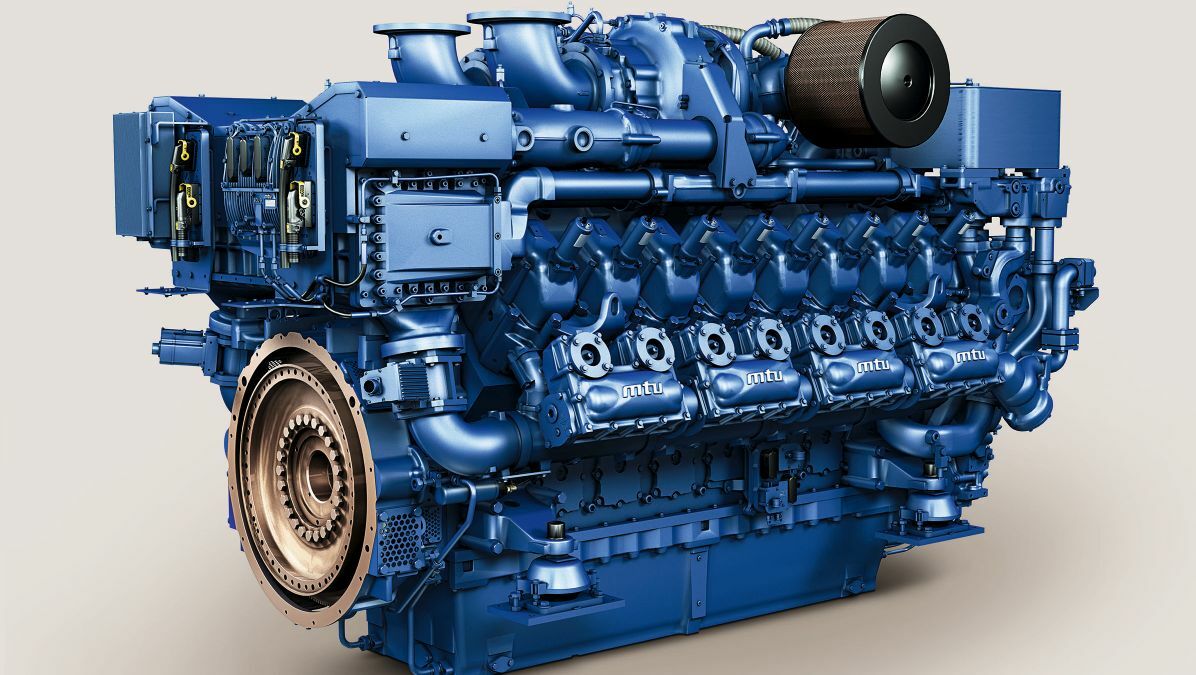Why Select Engines For Africa for Reliable Motors
Why Select Engines For Africa for Reliable Motors
Blog Article
Check Out a Large Range of Engines for each Vehicle and Purpose
The automobile landscape is increasingly complex, with a diverse selection of engine kinds designed to meet certain performance and effectiveness requirements across various vehicle classifications. From the high-performance engines that power cars to the fuel-efficient choices customized for day-to-day travelling, the choices are huge and differed. In addition, sturdy engines offer the demands of work vehicles, while eco-friendly choices are gaining traction in the pursuit of sustainable transport. Recognizing these differences is vital for making notified choices, specifically as emerging innovations remain to shape the future of vehicle design. What implications might these developments hold for consumers and manufacturers alike?
Sorts Of Automotive Engines
Automotive engines can be classified into a number of distinct kinds, each made to satisfy particular efficiency and effectiveness requirements. The most usual categories include internal combustion engines, electrical engines, and crossbreed systems.

Electric engines, on the various other hand, operate electrical power saved in batteries, supplying immediate torque and zero exhausts. These engines are coming to be progressively popular because of developments in battery innovation and the expanding emphasis on sustainability.
Crossbreed systems integrate both internal combustion and electric engines, enabling vehicles to optimize gas effectiveness and decrease discharges by effortlessly changing in between power resources. Each engine type provides its benefits and drawbacks, influencing aspects such as automobile layout, intended use, and market need. Comprehending these differences is essential for producers and customers alike when picking the proper engine for their specific needs.
Performance Engines for Sports Cars
Efficiency engines for sporting activities cars are especially crafted to provide boosted speed, power, and dexterity, setting them aside from standard vehicle engines. These engines commonly make use of advanced modern technologies such as turbocharging, supercharging, and variable shutoff timing to make the most of effectiveness and responsiveness.
Generally, performance engines are developed with higher compression ratios, which permit greater power removal from gas. This causes impressive horsepower and torque figures, allowing quick acceleration and higher top rates. Moreover, the light-weight products utilized in these engines, such as aluminum and carbon fiber, add to reduced general lorry weight, enhancing handling and ability to move.
Engine configurations like V6, V8, and even hybrid systems are usual in performance cars, each offering unique advantages in terms of power distribution and driving dynamics. The adjusting of these engines is likewise crucial; lots of manufacturers enhance the engine management systems to provide a thrilling driving experience, commonly including sporting activity modes that readjust throttle action and gear shifts.
Efficient Engines for Daily Commuters
In the world of daily travelling, effective engines play an essential function in optimizing fuel economic climate and decreasing exhausts while providing reliable performance. As urban populaces expand and ecological problems heighten, the need for lorries furnished with effective powertrains has risen.
Modern engines created for daily commuters typically include modern technologies such as turbocharging, direct gas shot, and crossbreed systems. Turbocharging improves engine efficiency forcibly even more air right into the combustion chamber, enabling for smaller sized, lighter engines that do not jeopardize power output. Straight gas shot improves fuel atomization, bring about far better combustion and increased efficiency.
Crossbreed engines, combining inner combustion with electric power, more enhance fuel economy, specifically in stop-and-go website traffic, where standard engines can deal with ineffectiveness. Electric electric motors aid during acceleration and can operate independently at low speeds, minimizing overall fuel consumption.
Additionally, innovations in engine management systems and lightweight products contribute substantially to reliable engine design. By concentrating on efficiency, resilience, and environmental sustainability, suppliers remain to deliver engines that not only meet the needs of day-to-day commuting but also straighten with global initiatives to lower carbon footprints.
Heavy-Duty Engines for Work Vehicles
Durable engines for work cars are consistently engineered to deliver exceptional torque and reliability under demanding conditions. These engines are made to do in settings where traditional engines might fail, such as building and construction sites, logging procedures, and agricultural setups. The main emphasis of durable engines is their capability to create high degrees of power while keeping durability over prolonged periods of procedure.
Normally, sturdy engines make use of innovative materials and robust building methods to stand up to the roughness of heavy workloads. Features such as reinforced cyndrical tube blocks, enhanced air conditioning systems, and progressed fuel shot modern technologies contribute to their performance. These engines often run at lower RPMs, which assists to maximize gas efficiency while giving the essential power visit for carrying and pulling.
In enhancement to mechanical robustness, heavy-duty engines are usually equipped with innovative digital control units (ECUs) that handle efficiency, exhausts, and diagnostics. This assimilation enables for much better monitoring and maintenance, making sure that work vehicles continue to be reliable and operational.
Inevitably, durable engines are an important element in the efficiency of numerous industries, supplying the required power and integrity to tackle the toughest of jobs.
Eco-Friendly Engine Options
The expanding focus on sustainability has actually led to the development of green engine alternatives that focus on reduced emissions and enhanced fuel performance. These engines are made to reduce the ecological effect of automobiles while still Full Article providing the efficiency and reliability anticipated by customers.
Amongst the most notable eco-friendly alternatives are hybrid and electrical engines. Crossbreed engines incorporate traditional interior combustion engines with electrical propulsion, permitting decreased fuel intake and lower greenhouse gas discharges. Electric engines, on the various other hand, run completely on battery power, creating zero tailpipe exhausts and adding to cleaner air quality.
Another promising growth is the improvement of biofuel engines, which utilize renewable sources, such as plant materials, to power automobiles (Engines For Africa). By utilizing biofuels, these engines can reduce reliance on fossil fuels and reduced overall carbon impacts

As the vehicle sector evolves, environmentally friendly engine alternatives will play an essential duty in driving the transition in the direction of even more sustainable transport remedies.
Final Thought
From high-performance engines that enhance sporting activities car capacities to effective designs focusing on gas economic climate for everyday commuters, each kind serves a particular feature. Durable engines provide to durable job lorries, while environment-friendly options, such as electric and biofuel engines, advertise lasting transportation.

Report this page